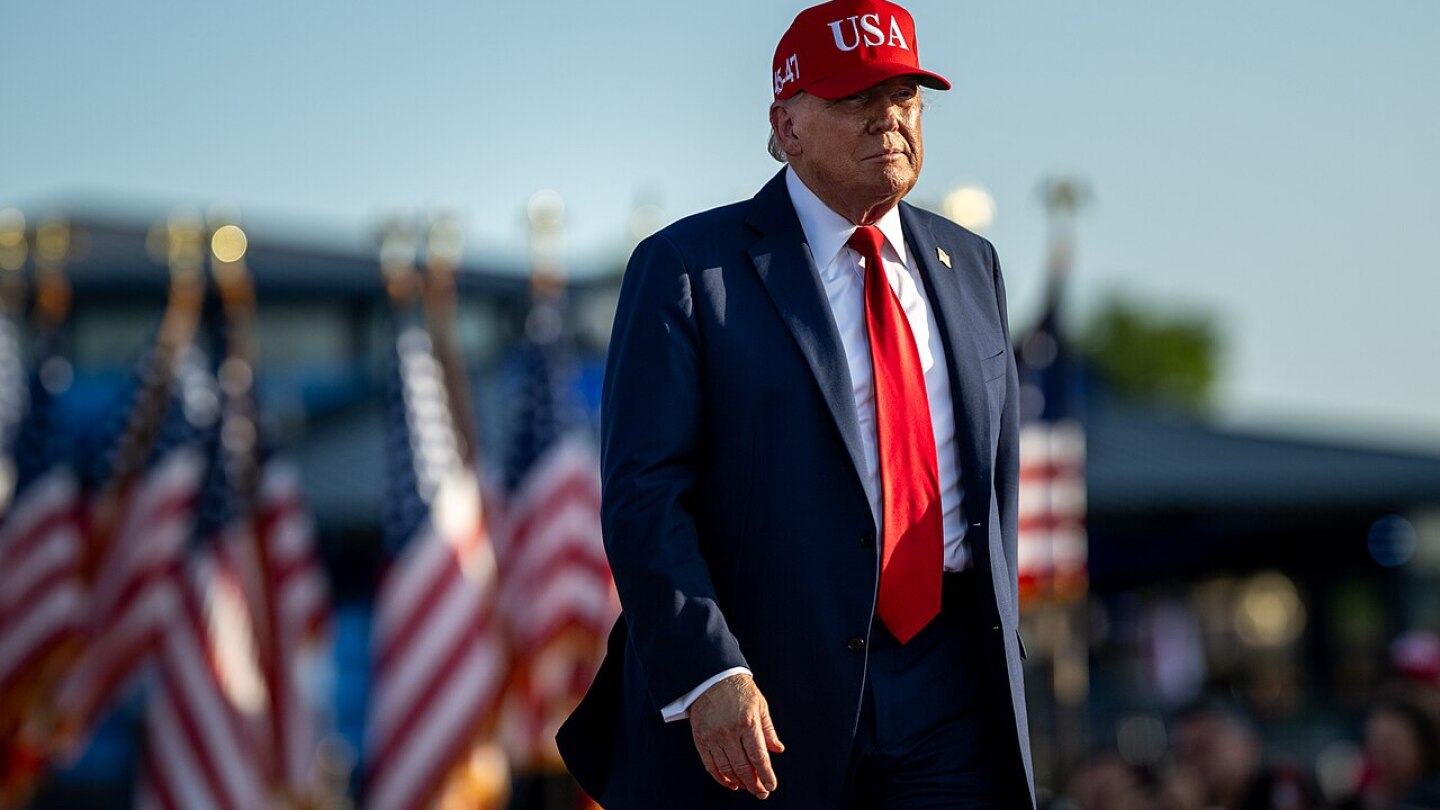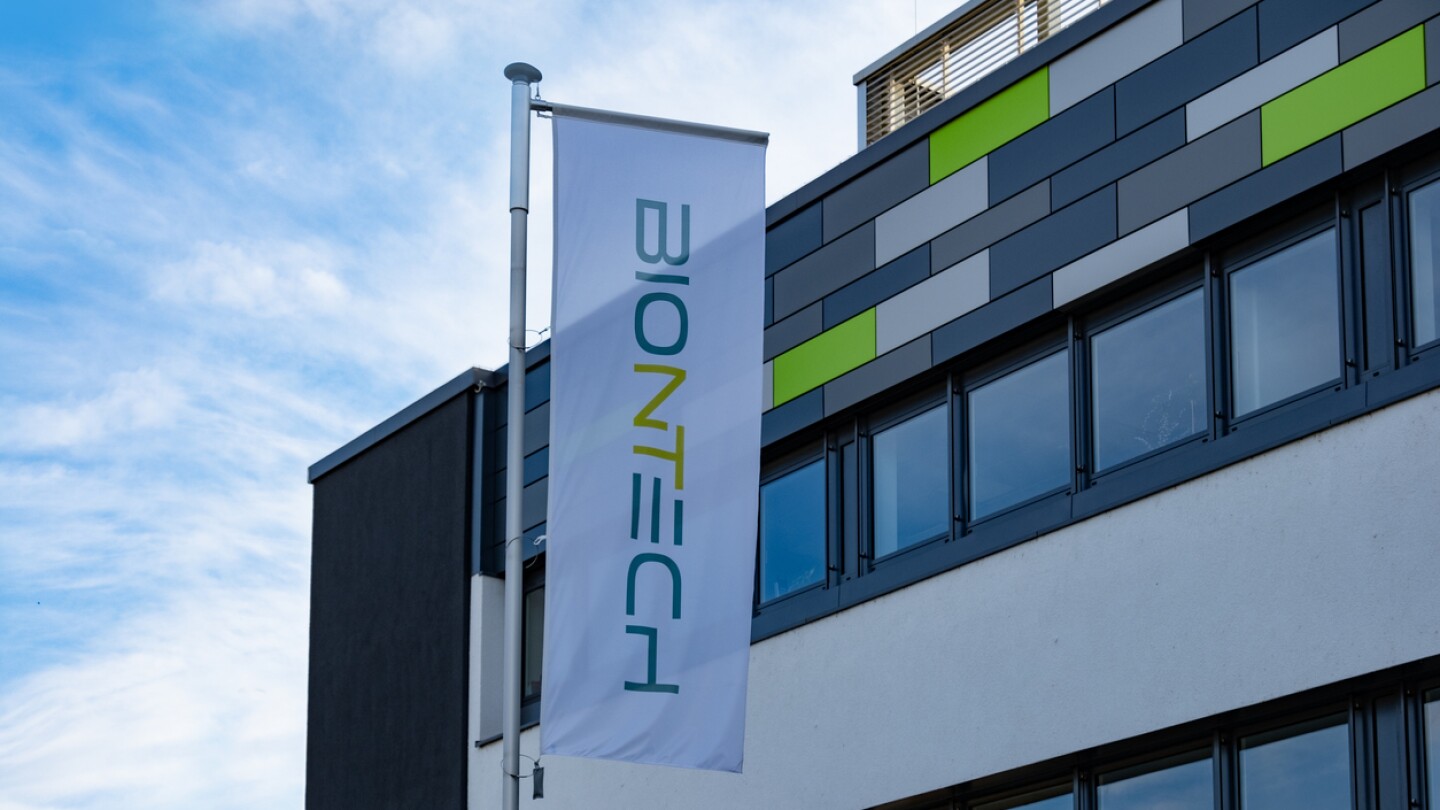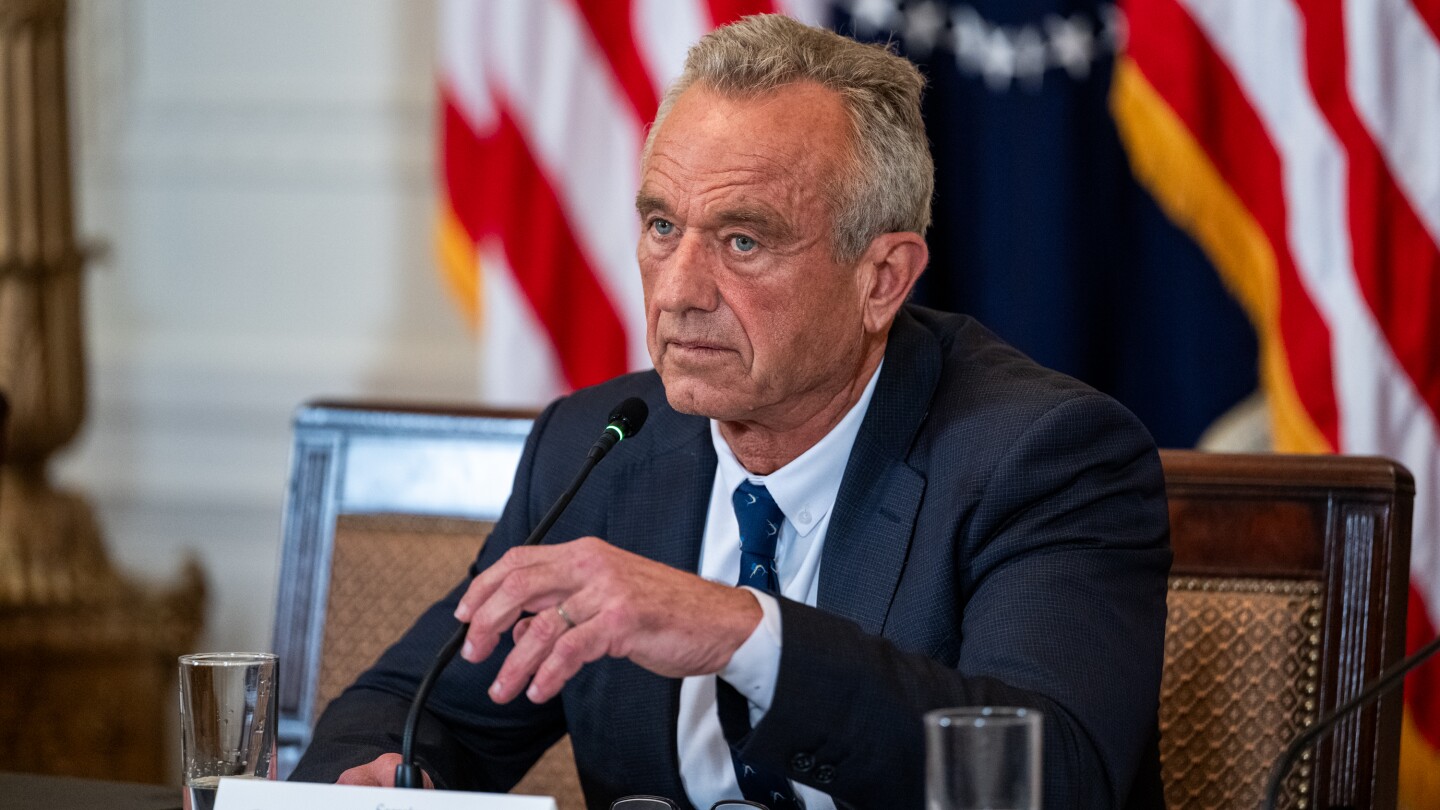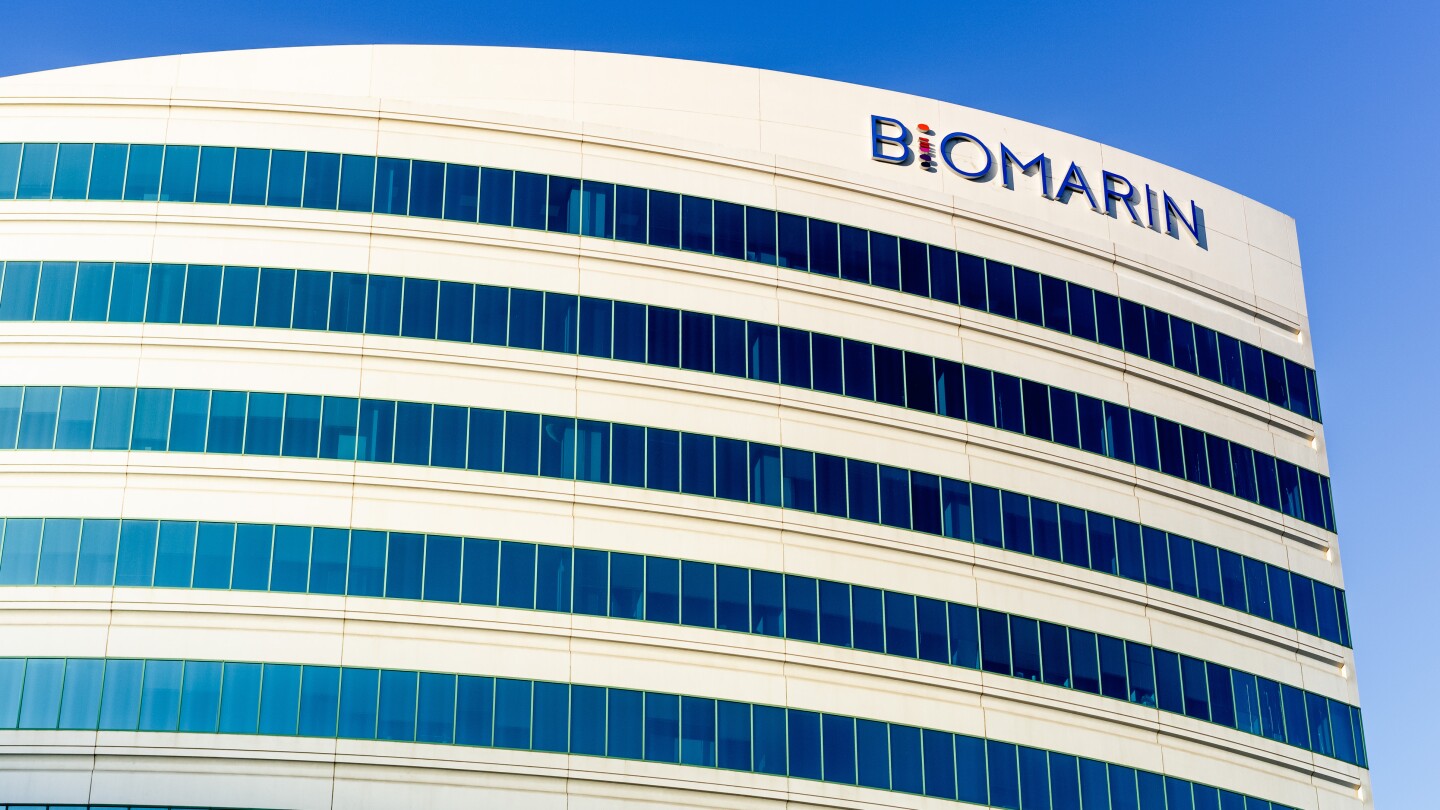News
In another blow to Prothena’s neurodegenerative disease portfolio, anti-amyloid candidate PRX012 has run into the same problem that larger peers Biogen and Eli Lilly have battled: high rates of swelling in the brain.
FEATURED STORIES
Analysts believe that Gilead’s new PrEP drug Yeztugo could reach peak sales of $4.5 billion. Not if GSK has anything to say about it.
Cell and gene therapy leaders say the agency’s decision to remove the Risk Evaluation and Mitigation Strategies that had been attached to approved CAR T cancer therapies reflects “thoughtful consideration of real-world evidence” and “regulatory trust.”
Big Pharmas like Eli Lilly, Sanofi and Novartis headed back to the dealmakers table multiple times, with 32 total deals counted across the industry for the first half.
Job Trends
Genentech, a member of the Roche Group, announced that the FDA has granted Breakthrough Therapy Designation for inavolisib, an investigational oral therapy, in combination with palbociclib and fulvestrant, for the treatment of adult patients with PIK3CA-mutated, hormone receptor-positive, human epidermal growth factor receptor 2-negative, locally advanced or metastatic breast cancer, following recurrence on or within 12 months of completing adjuvant endocrine treatment.
FROM OUR EDITORS
Read our takes on the biggest stories happening in the industry.
After Emma Walmsley steps down as GSK CEO in January, Vertex Pharma’s Reshma Kewalramani will be the sole female CEO at a top-20 pharma company. Still, there are many prominent women in pharma that could someday break through again.
THE LATEST
President Donald Trump plans to start with a “small tariff” on pharmaceutical imports before ramping duties up to 250% within a year and a half.
BioNTech also laid off 63 employees in June in conjunction with the discontinuation of its cell therapy manufacturing operations in Gaithersburg, Maryland.
The Department of Health and Human Services is terminating around $500 million in BARDA contracts associated with mRNA vaccine development, a move that will affect several pharma companies, including Moderna, Pfizer, Sanofi and AstraZeneca.
From tariffs to drug pricing to the FDA, biopharma CEOs find themselves pulled into policy discussions on this year’s second quarter earnings calls.
George Tidmarsh takes over temporarily at CBER following Vinay Prasad’s abrupt departure; Replimmune trial leaders protest rejection reportedly driven by FDA’s top cancer regulator Richard Pazdur; Merck’s $3 billion savings push claims 6,000 jobs; and Pfizer CEO Albert Bourla addresses President Donald Trump’s new threats around Most Favored Nation drug pricing.
The regulatory environment is placing extreme pricing pressure on pharmaceutical manufacturers. Their success in the market depends on mounting an agile response.
Out-licensing drugs to multinational corporations is a natural step for Chinese biotechs, but the recent rise in deals is only scratching at the surface of partnership-ready biotechs in the region.
While a substantial portion of pipeline assets are externally sourced, many Big Pharmas are tapping into incubators and venture funds to uncover cutting-edge scientific trends, determine their future focus points and even carve out a niche in an emerging geographical hotspot.
Albert Bourla confirmed that he called President Donald Trump after receiving a letter asking Pfizer and a clutch of other pharmaceutical companies to lower drug prices or face consequences.
BMN 390 fell short of an immunogenicity threshold that BioMarin was looking for to support its further development. Employees working on the program have been redeployed within the company.

















